|
|
|
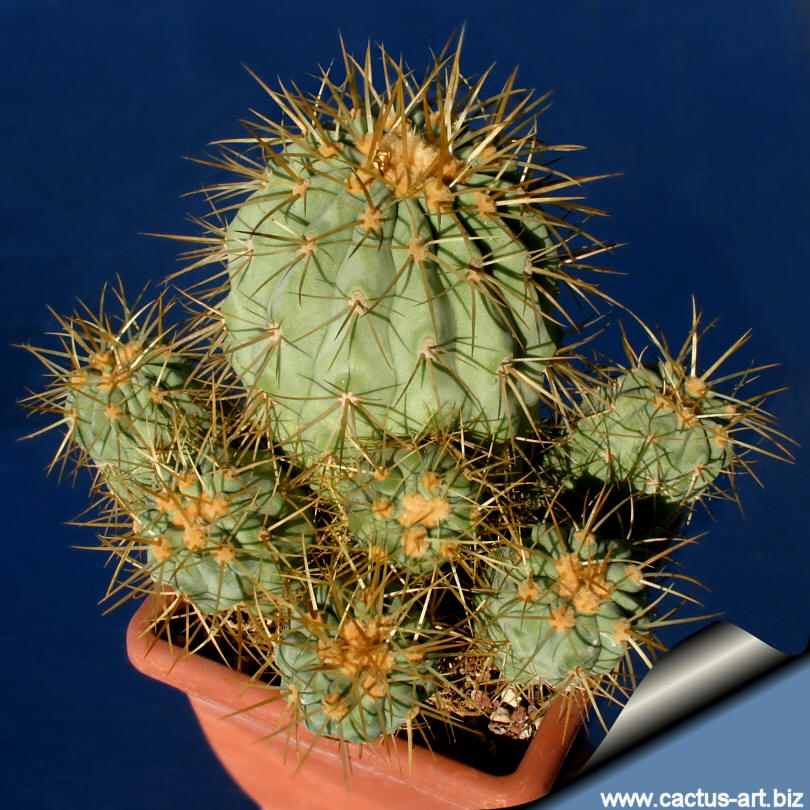
C. haseltoniana is a striking slow growing species that forms large clumps with age.
The
ochre wool of the stems apex and the yellow spines distinguishes this species from Copiapoa cinerea.
|
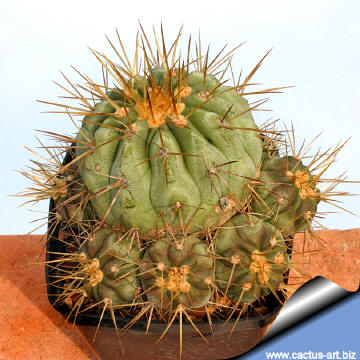 |
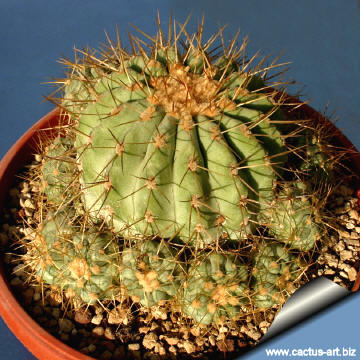
|
|
. |
|
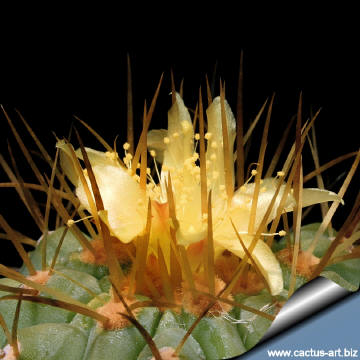 |
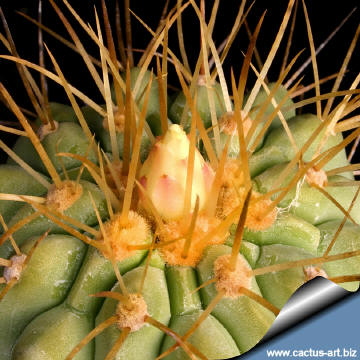 |
|
. |
|
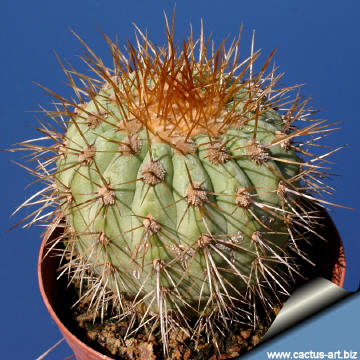 |
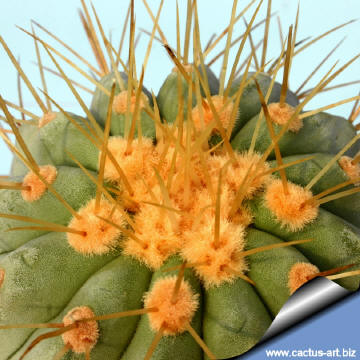 |
|
. |
|
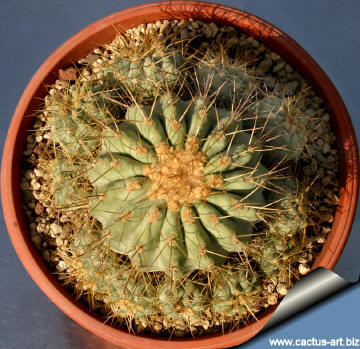 |
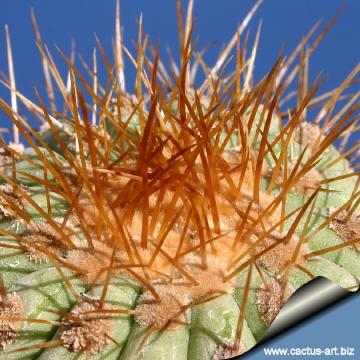 |
|
. |
|
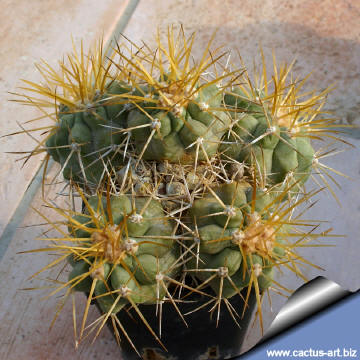
ZJ142 N Paposo, Chile. |
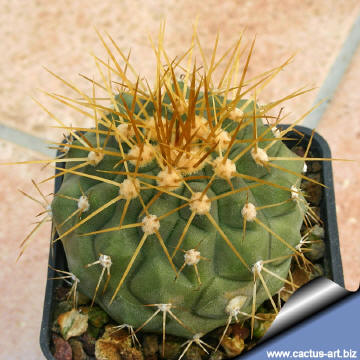
KK849 East of taltal. |
|


Advertising
|
|
|
|
|
|
Family:
Cactaceae (Cactus
Family)
Scientific name:
Copiapoa haseltoniana
Backeberg 1956
Origin: Endemic to the Atacama desert (Chile,
Antofagasta) on a few hundred metres wide coastal plain at 15 km NE,
inlands above Paposo (from Taltal to Caleta Colorado), which lies
between the sea and the steeply rising coastal mountain.
Conservation status: Listed in
CITES appendix 2.
Habitat: It grows in a scattered population. As is common in this
coastal desert climate the early morning is foggy (the humidity of the
see furnish part of the water needed by this plants) . By the middle of
the morning however, the fog cover dissipate and sun breaking through
the gaps warming the ground.
It is a member of the
Copiapoa cinerea
complex.
Synonyms:
- Copiapoa cinera subsp. hasseltonia (Backeberg) N. P.
Taylor 1997
- Copiapoa gigantea Backeberg 1936
- Copiapoa cinera subsp. gigantea (Backeberg) Slaba
1997
- Copiapoa eremophila F. Ritter 1980
- Copiapoa tenebrosa F. Ritter 1980
|
Description: Usually forms massive clumps, up to 1.5 m tall.
Stems: Light green or reddish tinged with an amber yellow woolly
crown, up to 25 cm in diameter, round branching laterally with 14 to 22
ribs. The individual stems are generally oriented northwards.
Spines: golden up to 3 cm long; 0 to 2 central spines; 0 to 8
radial spines.
|
|
|
|
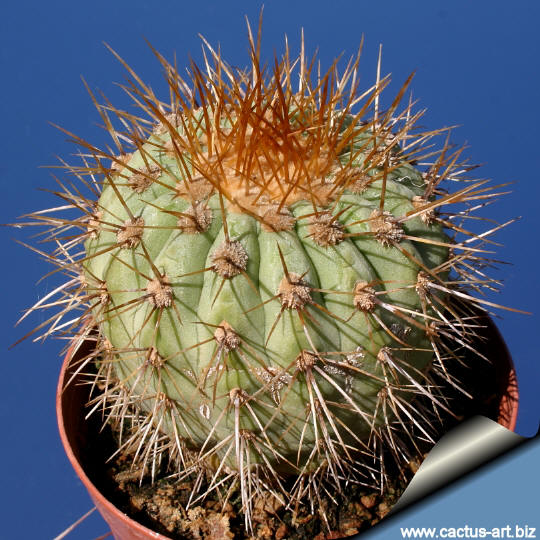
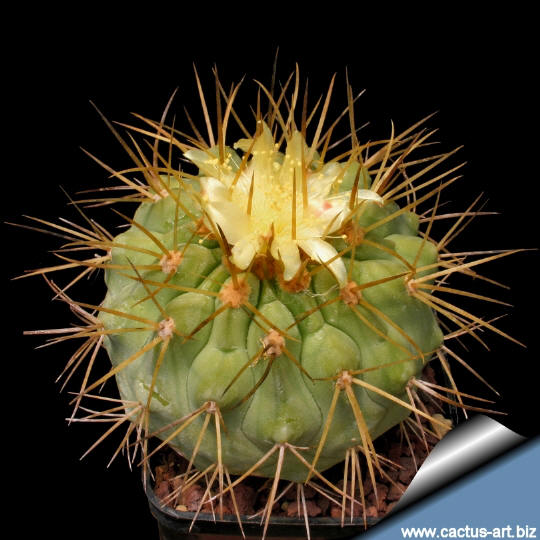
Copiapoa haseltoniana ZJ142 N Paposo, Chile.
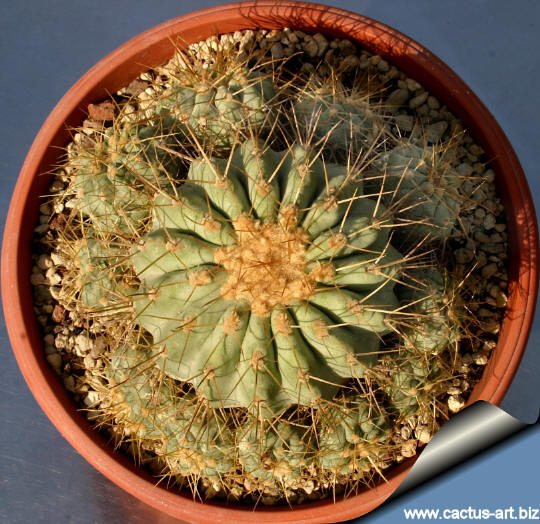
Cultivation: Need full sun but should be
protected from excessive heat and sun in summer, Require light watering,
good drainage. Keep warm and dry in winter (10°C) to avoid rot.
Avoid any frost (Frost tolerance
0°C)
Propagation: Seeds (or offsets if available), Grafting is often used to
speed growth rate and to create a back-up to plants in collection.
Photo of conspecific
taxa, varieties, forms and cultivars of Copiapoa cinerea complex. (This taxon has lots of synonyms (like most
Copiapoa, with several controversial varieties and subspecies):
|
|